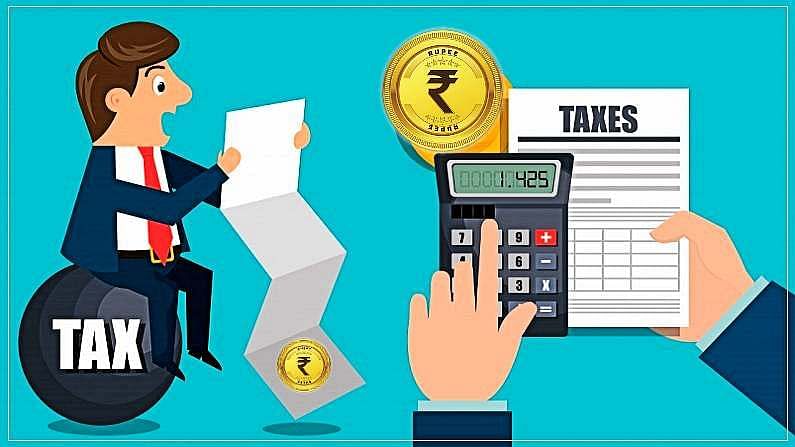
Tax Rules On FD: Fixed Deposit gives the facility to invest funds for a specified period and get returns at a specified rate of interest. Despite the interest rate on FD being low as compared to other investments, people’s trust remains on it.
New Delhi. All banks have recently increased the interest rates of fixed deposits (FD Rate Hike). At present, almost all the banks from private to government have increased the interest rates on Fixed Deposit (Bank FD) i.e. FD. There are many banks which have increased the interest rate on FD twice in a single month.
FD is also the most preferred investment option of the people. People of all ages like this method to save. The biggest reason for this is that it is safe and the least risky as compared to other schemes. Investments can be made in it for short to long term also.
But do you know that the income from fixed deposits is fully taxed. Meaning there is no discount in it. This is added to your total income and tax is applicable as per your tax slab. It is kept under the head “Income from other sources” while filing income tax return.
How is FD taxed?
If you are not a senior citizen and the interest on your FD exceeds Rs 40,000, banks deduct TDS on the interest paid on it. If you are a senior citizen, TDS is deducted after Rs 50,000.
Here, the thing to note is that TDS is deducted when interest is added or credited on your FD and not when the FD matures. Thus, if you have made FD for 3 years, the bank will deduct TDS every year while paying the interest.
How is the calculation done
Whatever income you are getting from fixed deposit interest is added to your total income (if you have not received the interest till the time of tax calculation). Now you have to see in which tax slab your income comes. The Income Tax Department adjusts the TDS, which has already been deducted, in your total tax liability.
If the bank has not deducted interest on your FD, then understand that you will have to pay tax on the total interest received in a financial year. You will have to file returns only after adding this to your total income. If you are getting interest, then you should pay tax on it on an annual basis, and not wait for the maturity of the fixed deposit.
When is 20% tax applicable?
If you have received more than the exemption limit in a financial year, then banks deduct TDS at the rate of 10 per cent. If the depositor does not submit the Permanent Account Number (PAN), then 20 per cent tax will be levied on the FD.
If the amount of interest received by you is within the exemption limit and the bank still deducted TDS, then you can claim it while filing income tax return.
When is tax payable on interest?
If there is a tax liability on adding interest income to your total income, it needs to be paid on or before March 31 of the financial year. This way you can pay any outstanding tax. However, if the tax liability after including your interest income in your total income exceeds Rs 10,000, you will have to pay advance tax.
